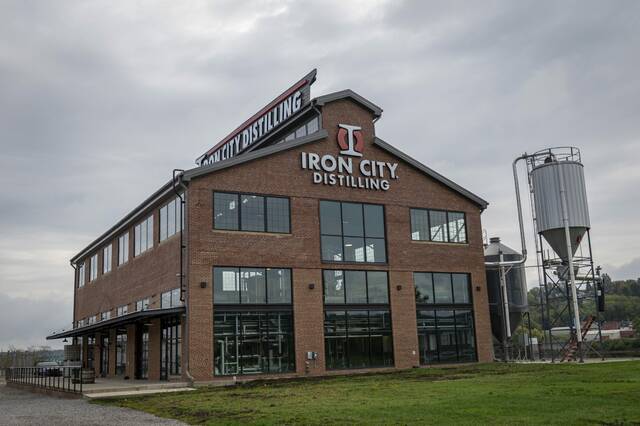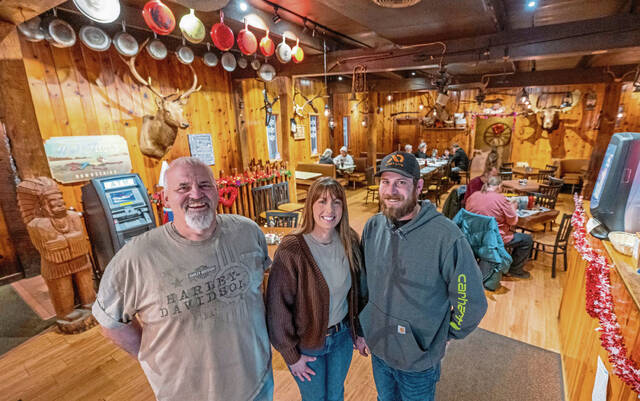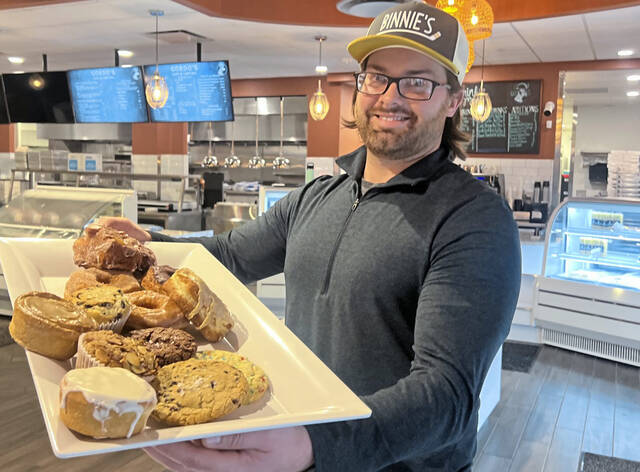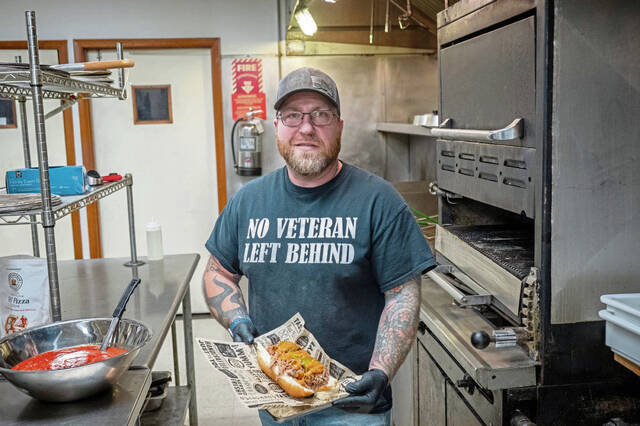Square Café owner Sherree Goldstein launched a campaign with Honeycomb Credit to raise money for the move from Regent Square to East Liberty.
The new space, previously occupied by restaurants Spoon and BRGR, will provide more indoor and outdoor seating, be open longer hours and offer beer and alcohol.
“It is exciting to work with a business like Sherree’s that is growing,” said Chip Homer, director of growth for Honeycomb, which was founded in Pittsburgh in 2017 through AlphaLab.
People can give any amount and will be paid back with interest in 60 months. The interest rate is 6.5%.
This is the second time Goldstein has looked to customers for financial help. She needed funds for another business, MyGoodness, a market and prepared food company in Regent Square. She said she paid everyone back within 18 months. She said her experience with Honeycomb Credit helped “bridge a funding gap,” where she raised $35,000.
The goal for Square Café, which opened in 2003, is $250,000 by Sept. 30. By noon Wednesday she had raised $156,000. (Click here to contribute.)
“The buy-in from people that really want to see you succeed and share in that success is truly humbling,” Goldstein said. “And it also drives us to provide the best possible food, service and opportunities back to our community and on behalf of our investors.”
Goldstein’s campaign is the largest restaurant one Honeycomb has run, Homer said. Honeycomb makes money on what’s called a success fee, a percentage of the deal. Goldstein is able to do this campaign because of the Jumpstart Our Business Startups Act, which allowed for everyday people to invest in small businesses, Homer said.
The money is repaid to investors quarterly, Homer said.
The pandemic has affected business at Square Café, which remains open until the new space is ready by the end of September. Last month, she said, her revenue was down $32,000.
Often the investors in crowd-funding campaigns are also customers and supporters of the business, said Deeksha Gupta, assistant professor of finance for Carnegie Mellon University’s Tepper School of Business in Oakland.
“This can benefit the business because customers may be motivated to lend the business money for reasons other than purely financial considerations,” Gupta said. “In the case of Square Cafe, investors in its crowd-funding campaign may also enjoy Sunday brunch at the cafe. They therefore benefit if Square continues to operate and serve up weekend brunch. These non-monetary benefits can lead customers to require lower returns on the loan compared to a bank which is purely focused on the financial aspects of the loan.”
She said there are two ways in which community members who fund the loan can get a return on their investment. The first is a financial return and the second is non-monetary but has a value because those individuals want Square Café to be successful.
Goldstein plans to use the money to purchase new kitchen equipment, a second delivery vehicle, tableware and seating, plates and silverware, liquor and beer, and other related supplies. She would also like to hire 15-30 people. Goldstein offers benefits to employees.
“Sherree really cares about the people she works with,” Square Cafe’s operations manager Kevin Kelley said in a news release. “She founded Square Cafe on the principles and standards that every person is of value, and that every person matters. We’re family here and we’re looking forward to expanding that family in our new neighborhood.”
Crowd-funding has been around in different forms for a long time, but its popularity has been growing in the past decade, Gupta said. Investment-based crowd-funding campaigns are relatively newer and investors have the potential to earn a financial return. If this minimum amount is not raised, the money is returned to investors in most cases, Gupta said.
“This type of loan can be a great option for businesses with a loyal current or future customer base,” Gupta said. “However, it may not be right for everyone. The business is trying to raise small amounts of money from many investors rather than getting the money from a single large investor, for example from a bank. To be successful in crowd-funding, the business has to have a good way to reach and advertise to multiple potential investors which may be difficult and time-consuming.”













